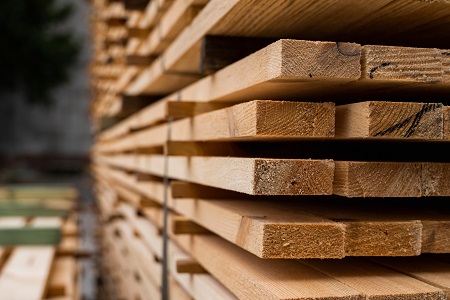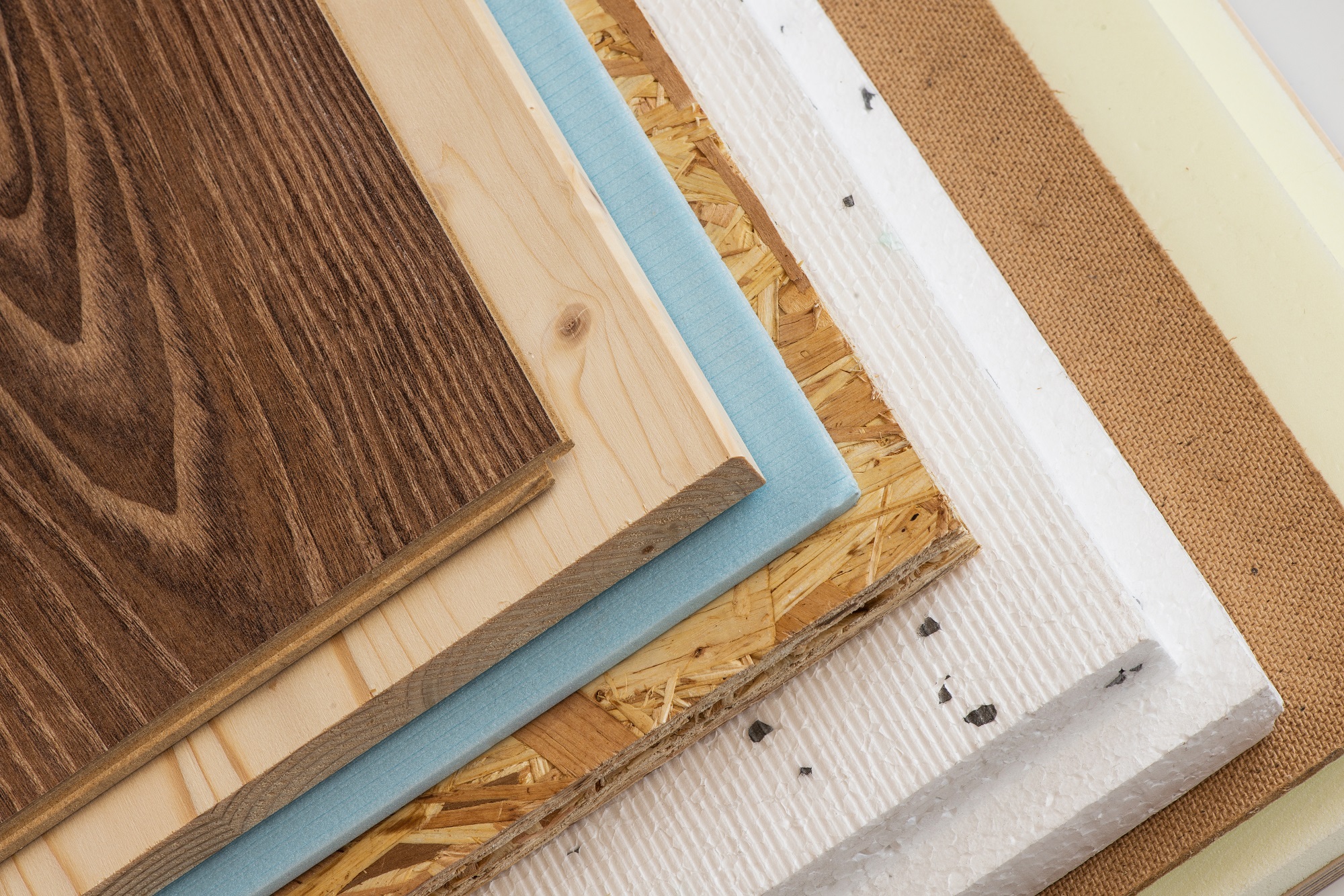Are you planning an outdoor project but unsure which building materials to use? Don’t fret! It’s crucial to consider costs, durability, maintenance, and aesthetic appeal.
We’re here to guide you on how to select the perfect materials that will not only suit your home’s exterior but also be sustainable and easy to work with.
Dive into our practical advice and make your outdoor project a resounding success.
Consider the Costs of the Lumber, Fencing, Roofing, or Other Building Materials
Before you start your project, consider the costs of lumber, fencing, roofing, or other building materials. Don’t rush into any project without carefully considering your budget. Remember, quality materials might cost more upfront, but they’ll save you money in the long run.
Cheap materials can lead to frequent repairs, costing more over time. Investigate your options, compare prices and consider the longevity and maintenance of each material. For instance, pressure-treated lumber is relatively inexpensive but requires regular maintenance, while composite decking is pricier but almost maintenance-free. Similarly, metal roofing might be costly, but it’s far more durable than asphalt shingles. Prioritize your needs, balance your budget against the expected lifespan of the building supply, and make a decision that best suits your project.
Can My Order be Delivered?
Often, you’ll need to assess if the chosen building materials can be delivered to your project site without any logistical issues. It’s not just about whether the supplier can deliver but if your site can handle the delivery. Take into account driveway width, overhead utility lines, and the condition of access roads, particularly if you’re in a remote location. You might need to cut down trees or make other preparations. Don’t overlook these aspects, or you’ll face delays and additional costs.
If you’re considering rare or unique materials, they may take longer to arrive. Check local suppliers for stock availability and explore alternatives that are readily available. Remember, your project’s timeline is paramount; choose materials that won’t cause unnecessary hold-ups.
Is the Material Durable and Sustainable?
You always want to ensure that the material is both durable and sustainable, but it’s also important to consider if it can withstand the environmental conditions of your specific location. For instance, if you live in a region with extreme temperatures or high rainfall, you’ll need materials that can resist these factors. Choose materials like stone, brick, or treated wood, known for their durability and resistance to weather.
However, sustainability is equally crucial. Opt for materials sourced responsibly or recycled to reduce your environmental impact. Always consult with a local expert or professional contractor. They’ll know what works best in your area and can guide you toward the perfect balance of durability, sustainability, and suitability for your project.
Consider the Maintenance and Upkeep Tasks for Your Chosen Material
Before you finalize your decision, it’s crucial to think about the maintenance and upkeep tasks for the material because, over time, the cost and effort of these tasks can add up. Consider materials that require less frequent maintenance. For instance, composite decking needs only an annual cleaning, unlike wood, which needs staining every two to three years.
- Think about the long-term costs. Cheaper materials might need replacing more often, becoming more expensive over time.
- Don’t forget your local climate. Some materials withstand certain weather conditions better than others.
- Consider professional help. Some materials require expert installation and maintenance.
Does the Material Fit the Aesthetic of the Rest of Your Home’s Exterior?

In choosing materials for your outdoor project, it’s key to consider if they’ll blend with the aesthetics of your home’s exterior and whether they’ll complement or clash with the existing design. Your choice should harmonize with your home’s architecture and style. For example, a modern home might benefit from sleek, recycled steel or bamboo plywood, while a rustic design might be better suited to traditional materials like wood or stone.
Don’t forget to factor in color, texture, and pattern. These can greatly influence the overall look and feel of the project. Be sure to also consider the material’s durability and maintenance requirements. It’s crucial to balance aesthetics with practicality. Always remember the right material can enhance your home’s curb appeal and increase its value.
How Easy is it to Install/Work with the Material?
It’s important to note that some materials take only a few hours to install, while others might require several days of work. This is a crucial factor to consider in your outdoor home project. Here are four things to remember:
1. Evaluate your skill level. Some materials, like wood, are easy to handle, while others, like stone, require professional skills.
2. Consider the tools you’ll need. More complex materials may require special equipment.
3. Don’t overlook the weather. Rain or snow can delay your building project, especially if you’re using materials that need to dry or set.
4. Factor in the maintenance. Some materials need regular upkeep, which can add to your workload.
Choosing the right materials is a balance of aesthetics, durability, and ease of installation. Don’t rush your decision.
Shur-way Building Center Sells a Variety of Different Building Materials for Your Outdoor Project
While you’re planning your outdoor project, remember that Shur-Way Building Center sells a variety of different quality building materials that can meet all your needs. Whether you’re looking for composite decking, tried and true woods for deck construction, or a wide range of lumber options, they’ve got you covered.
Need fencing or flooring materials? They’ve got plenty. Their knowledgeable staff can provide informed suggestions on high-quality tools, fasteners, and treatments for a long-lasting, finished project. If you require assistance, they’re connected with local contractors and handymen for specific jobs.
Don’t forget to ask about their custom front doors, Western Red Cedar siding options, and stock of corrugated metal. You’re not just buying materials; you’re investing in unbeatable service and competitive pricing.
Call or contact us for exceptional customer service.
Visit our About Us page for more information about our building material supply company.

